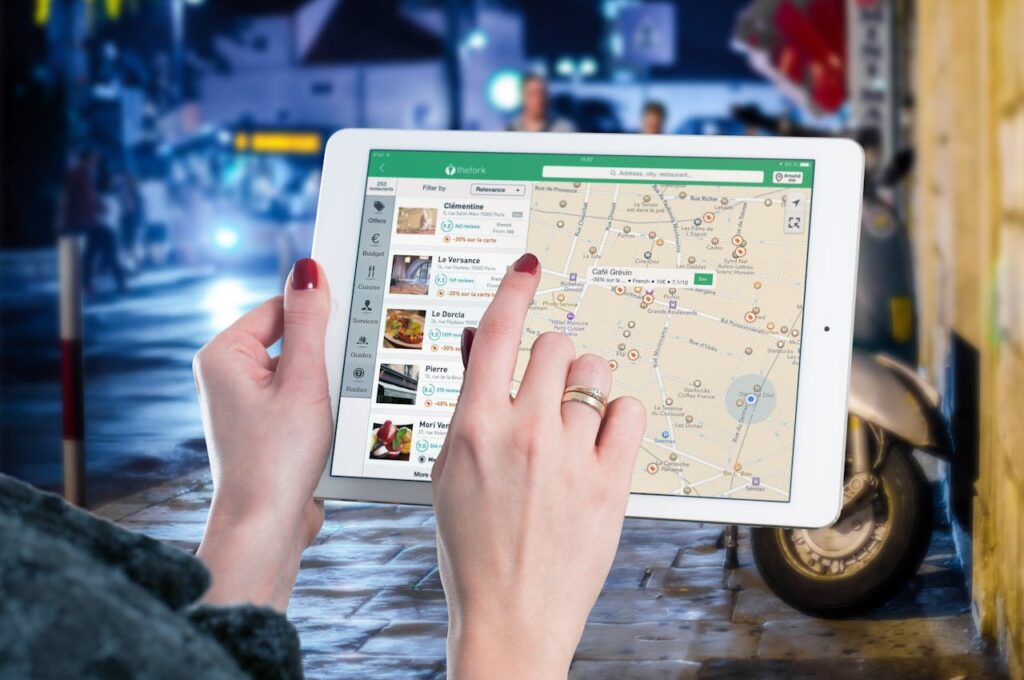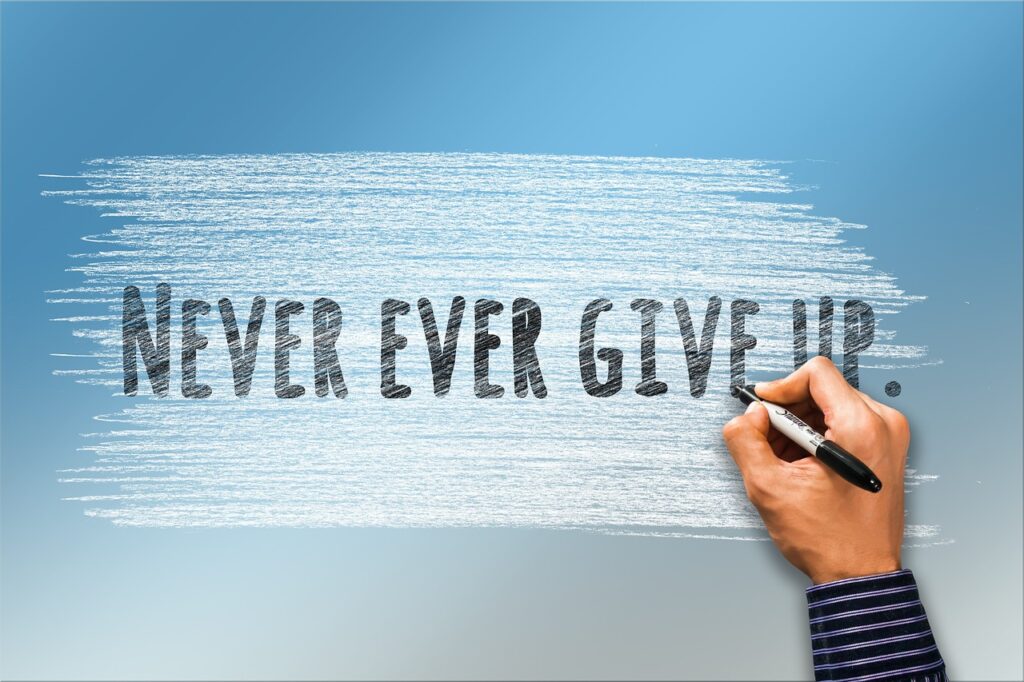When we hit the topic of purpose in life, we will see an ocean of results like steps to finding your purpose, but we never answer a fundamental question: what is the meaning of purpose in life? Why is it even necessary for me to know my purpose? We shall begin with the question, what is the importance of purpose in life?
For health benefits.

A sense of
purpose has been associated with many health benefits; we have sharp memory and
thinking skills, reduced risks of chronic disease and disability, mood control,
and longevity. Studies suggest that compared with people who don’t have a sense
of purpose, those with a sense of purpose help them avoid some of the
physiological effects of chronic stress that contribute to heart attacks,
strokes, and early death. Then, importance number two is
All companies and businesses are built with a purpose

That business
you wish to work for began with something in mind to solve; it was either a
problem or a new invention that would turn the world upside down; there are
higher chances that you are going to be hired to work with a particular company
or business if you align with the purpose of the company, so, unless you know
your purpose, that job will be simply another stress added to your life and
that why many people feel sometimes stressed with their jobs. Then, number
three is essential for knowing your purpose.
You have a clear road map in your life

Imagine
getting on a road that you know nothing about; worst of all, there is no Google
Maps to lead you on such a road, and soon the journey turns out to be a failure
in your driving experience, the same is with a person lacking purpose in life.
Your life’s journeys turn out to be an endless sea of being tossed to, and from
with many distractions and inquiries, we cannot answer. But having a purpose
will bring all these to an end. And lastly.
You have millions of people to inspire and give hope to out there

There
is no short supply of problems in this world that need solving. There is no
limit on the number of people we can help, inspire, or support. There is no cap
on the number of passions we could pursue. Once you discover your purpose, you
have a world to help anchor your purpose, too.
Since now we know how important it is to find our purpose, then you might be wondering, With the above being said, how does one find and anchor his/her purpose in life? Here are the seven proven steps to help you anchor your purpose in life.
Steps to anchor your purpose.
Step 1: Find out what drives you.
So, one way to find your purpose is to ask yourself: What pain, injustice, or unhappiness have you witnessed that you can’t live with? Is there anything that touches you so profoundly that it drives you? Often, a powerful purpose can come from powerful pain.
At least down the things you know you pretend to be doing, things that do not make your authentic self.
Sometimes, we have a job but not a calling or purpose. In your career, you are following the steps to be taken in exchange for something in need. You can get skilled at accomplishing as many jobs in the world as possible, and it’s great to know how to get various jobs done, but this does not mean you have found a purpose in life. Let me illustrate it with the following example.
Imagine for a moment you own a home in the country, and it’s one hour away from your nearest shopping market and your child’s school; this situation already creates jobs to be done, driving your child to school and driving to shop, in the real sense you need food and other things to use to live and help your child obtain an education. Here, you have two options: drop your child off at school every day and do some shopping, and the other option is to hire a driver to drop off your child and do some shopping for you.
Considering the first option, if you have enough time, you will soon find out that the first option is better, but this is on the condition that you know how to drive and own a driver’s license, or if you don’t have one, another person in need of a driving job may take that as a job, not because they enjoy driving and all the dropping off kids at school but because it’s the only thing available to make ends meet.
So, in life, we always find ourselves in this survival mode, just knowing how to solve problems and get something in return for a living. We end up getting as many skills as possible for this purpose, and by the time we realize our whole life is spent in school and trying to get many academic degrees but have not a single life of thought or purpose.

The first step to understanding your purpose in life is to differentiate between a job and a calling, do this by determining what drives you. Write down all the Jobs you have done, and you will find out it’s just a job and not your calling if the following are true.
- It’s just a pretense but not the real you inside.
- It’s about delivering services, but you are emotionally detached.
- It doesn’t feel authentic to you doing them.
- You feel misplaced doing them.
Now, we want to reflect momentarily on every decision, setback, triumph, or opportunity you have always had while doing those things. Write down even the worst of situations. Besides each challenge or setback, write down beside sept your energy and give you the power to move through the problem.
Sometimes challenges and setbacks come along our way to help us discover how valuable we are; we think we are failures and do not think of how many people have given up in that same situation you went through but didn’t give up; the solutions you used could be a great deal, this is what you need to realize. Your life is not static. Every decision, setback, or triumph is an opportunity to identify the seeds of truth that make you a wondrous human being. So, paying attention to what feeds your energy in such moments shows your real purpose and how you can bless others. There is no blessing than seeing others uplifted because of your hand in their experience.

Understand that there is nothing called coincidence in life; everything happens and comes at the right time; some are arranged for success, and others are set for failure; there are two traps to escape in this matrix:
- Overly dwelling on the challenges and constant complaining.
- Failure to distinguish between providences for success and arrangements for failure.
If you can understand that the providences taking place in your life are to add skill or give you a bigger picture of future storms, you can take advantage of such situations to be better prepared. And this is not just in challenges but also in opportunities. Let’s take an example: You have been yearning to publish your book for many years, but a friend invites you to attend a publishing event; they do not even know you have the wish to publish any book; you can either turn down that opportunity or consider it providence to go and see the experience. In addition, talk to fellow publishers, see their ideas, and see how they got there. But this may be a side tracker also, it may be fit for somebody who is yearning to become an entrepreneur. Just remember the two traps to escape the matrix.
Step 2: Find out what energizes you.
It was a sunny but cold winter season when I had finished a two-year marathon of public speaking series to help people find their life purpose, and I found myself burnt out. This is when I learned that you could burn out your life purpose if you pursue it in the wrong ways that deplete rather than energize you. I felt like never speaking on any platform again, you may ask, how come you didn’t give up? It is because I know my strengths and how I get energized. Knowing the source of strength and what energizes shows you the purpose in life.
This won’t only help you heal from burnout but will help you discover your life’s purpose. It is not enough to know the problem you want to solve; you must also know how to solve it, that is what sets you apart. So, to find your life purpose, ask yourself: What energizes you? Understanding your passions is an essential piece of the puzzle because it gives you clues about what energizes you as a person, so we can either work towards integrating these things into your career or a side hustle, or we can use them to predict the kind of work and activities that will bring you the most joy.

Some of the questions you might answer include:
- What content do you consume? Books, podcasts, Netflix shows, YouTube videos. Is there a theme or something you love learning about? What kind of articles can you not resist clicking on?
- What’s the best gift you’ve ever received? One that showed the giver knows you well.
- Think of recent times when you were so immersed while working on something that you achieved a flow state. You felt energized, as though time seemed to fly by without you noticing (unfortunately, sleeping and bingeing Netflix don’t count here!). What were you doing?
Step 3: Develop facts about the list or Journal.
This is where you write all the facts others don’t know about you, and only you know those facts about yourself. This will help you to know and understand which group you can highly reach. Facts also in your daily encounter: it’s a quiet nudge from deep within saying, hmm, something feels off. A small voice that tells you this is no longer your place of belonging.
It’s the pit in your stomach or the pause before you speak—the shiver and goosebumps that raise the hairs on your neck. Whatever form the whisper takes, it’s not a coincidence. Your life is trying to tell you something. Heeding these signs can open the doors to your evolution, pushing you toward your life’s purpose. Ignoring them—sleepwalking through your life—is an invitation to chaos.
Step 4: Figure out what you’re good at.
As we head towards more portfolio-like, self-managed careers in the new age of the gig economy, it’s more important than ever to understand what sets you apart and how to leverage that. Strengths that, once applied, will develop your skills in that area very quickly.

Some of the questions you might answer here include:
- Everybody has an unfair advantage, the things that seem to come naturally to them without much coaching or studying. What do you tend to understand more quickly than most people? What do you find fun that other people might find difficult or tedious?
- You receive a text from a friend who needs advice or to be taught something. What are they likely turning to you for? What kind of advice do people tend to seek from you? What skills have you ever taught someone (big or small)?
- What makes you, you? What makes you weird (being weird is good)?
Step 5. Discover the shadow of your dreams.
Have you told yourself things like, You’re not good enough? You don’t have the required expertise; you have less experience; these are shadows that almost everybody runs through life; these must be silenced and find more light; the more exposure to sunlight and nearer to light, the more the shadow disappears, what do I mean, come to reality, let’s take a closer example, let us say, I need to be a public speaker, what are some of the shadows you may face? Things like I am not eloquent, I have never been trained to be a public speaker, what will I say to them, we have more fantastic speakers than I, how will I out-compete the famous speakers, how do I write the best speech?
All these things are true because a shadow almost casts the original shape of reality; your point of strength is to understand that a shadow is never a reality and can disappear; in this case, the reality will be that you are not speaking to highly computerized systems that are not touched by real life’s experience.
Every human being is emotional; they respond to reality and have a closer connection with royal people than manipulators; you may become so Scholastic in your speech that people will sense your manipulating power and soon quit sessions. This is where the shadow wants to push you. Not only will you lose congratulations, but fear and constant looking for what to say will be on your head. Hence, stress will be the result of such a career.
So, how would you overcome this kind of shadow? Understand that we are all humans, and all those who have come to hear your speech require your help, real-life help that they can relate to. It’s great to give all the scholarly solutions, but if they cannot apply this in their daily lives, you haven’t solved their problem. Remember also that you are not the solution to their problem, but you are just the bridge to their solution; you are there to open their minds to other possible ways they may not be considered; in public speech, you are simply sharing your experience that has worked for, and indeed it will be a blessing to somebody, stand up and speak to the one person who is almost losing their hope.
That’s the reality behind public speaking; the more sincere you are, the bigger your success. People will always sense naturality. And pick out your energy. This example applies more to public speaking but think of your area of interest and find out the shadows that you be having, then move to the next step.
Step 6. Write down your values & convictions.
If you’re not fully living these values, you’ll likely feel a nagging inside you, like something isn’t quite right. For example,if you value family time but must work 50 hours a week in your job, don’t you think you’d feel internal stress and conflict? And if you don’t love competition and work in a highly competitive sales environment, will you be satisfied with your job in the long term?
Or if you chose to become vegan based on animal rights, are you going to be happy long-term working at a cosmetics company that sells their products in China (the only country that requires, by law, cosmetics to be tested on animals, regardless of where they were manufactured)? In simple terms, is your consciousness fully free when doing what you do at your job? If not, then one of your values might be stepped upon.

So, understanding your values helps you live an authentic, happy life. Here are some questions to Answer.
- What gets you fired up? What injustice infuriates you?
- Which of the UN’s sustainable development goals do you feel most strongly about? Why do you think that is?
- Imagine you are hosting a dinner for your role models and could invite anyone you want, dead or alive. Who would you invite and why? Write one characteristic for each of them. What is it about their life and accomplishments that inspire you? What underlying traits or values draw you in?
Step7. Set a boundary between your pay and values.
Let’s be real: If you’re not paid to do what you do, your career or business is either a volunteer role or an expensive hobby! Combining what you offer with what you can be paid to do (demand) is essential. Let’s be clear: Doing work that inspires you while earning the income you need to fund your lifestyle is possible!You need to figure out what problems you can solve and who will pay you to solve those problems.
Imagine how great life would be if you were doing work you love. Work that aligns with your personality, strengths, and values feels like a natural extension of who you are. Work that feels so rewarding and impactful that it energizes you.
When you know your career purpose, there’s no more feeling like you’re wasting your time or not living up to your potential. No more job-hopping from one thing to the next, only to realize you’re still unhappy after the thrill of the new salary wears off. Now that you have these steps, go anchor your purpose.

2 Responses
[…] for any artist. When it comes to purpose, the story isn’t that different, the easiest part is to find your purpose, and probably the most difficult thing is to maintain your […]
[…] our last article, we discussed the steps to anchor your purpose in life. When we talk about finding purpose in life, […]